SEO vs. SEM: An In-depth Analysis
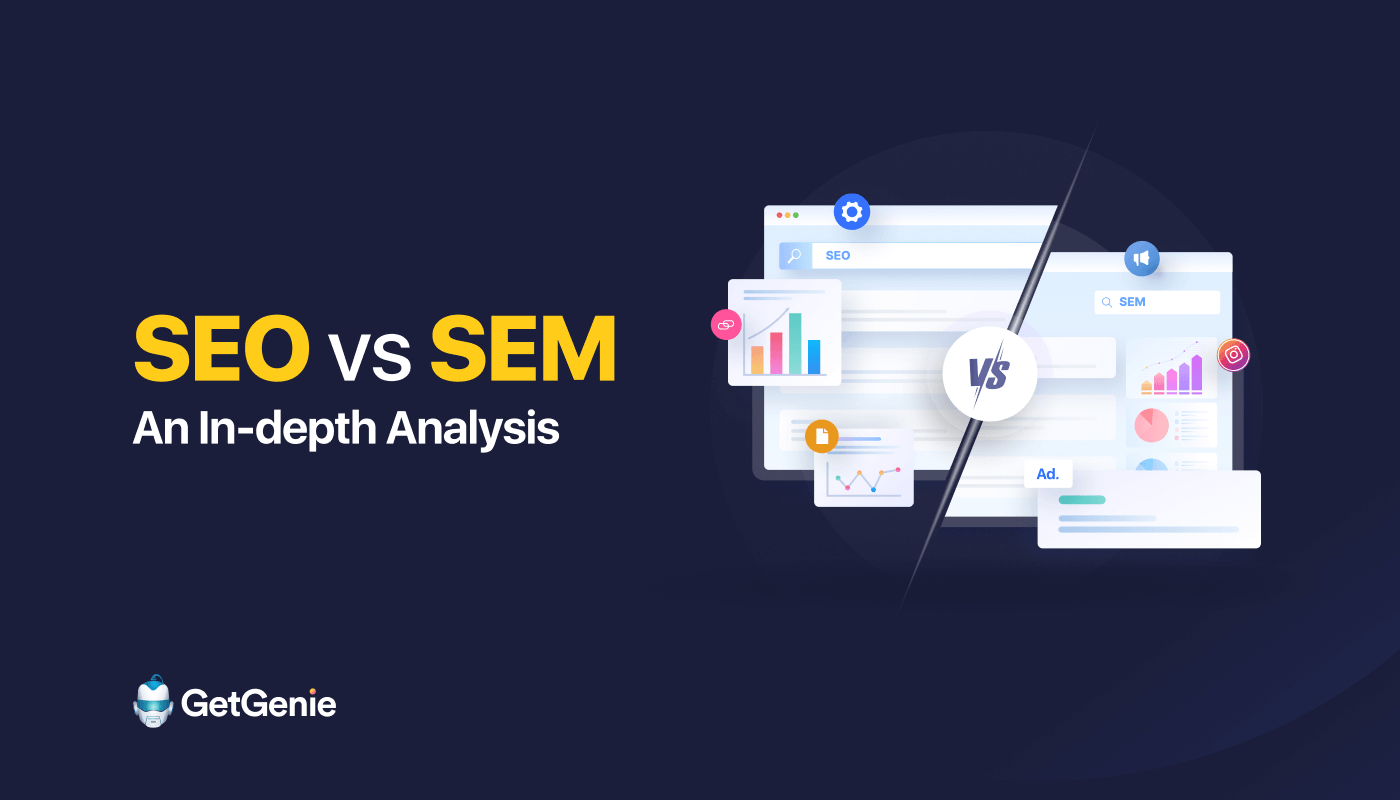
You are done with the content creation and now, it’s time to gain its visibility in the search engine. But should you chase SEO or SEM to make your content visible in the search engine? Well, both can do the job if applied appropriately.
However, ensuring visibility or driving traffic isn’t the only aim of SEO and SEM, they play a part in generating conversions and sales too. But which one is more lucrative to maximize your content visibility and generate conversions?
That’s what we will drill down to this write-up. We will analyze both SEO & SEM and suggest which one you should go for or prioritize to reap maximum benefits. So, it’s SEO vs. SEM face-off!
Understanding SEO
SEO or search engine optimization is a digital marketing tactic that focuses on improving a site’s visibility through organic efforts. SEO falls into 3 different categories– on-page SEO, off-page SEO, and technical SEO.
These SEO categories involve various activities that make your website SEO-friendly. By implementing these SEO actions, you can equip your website to compete with other websites in search engines like Google, Bing, etc.
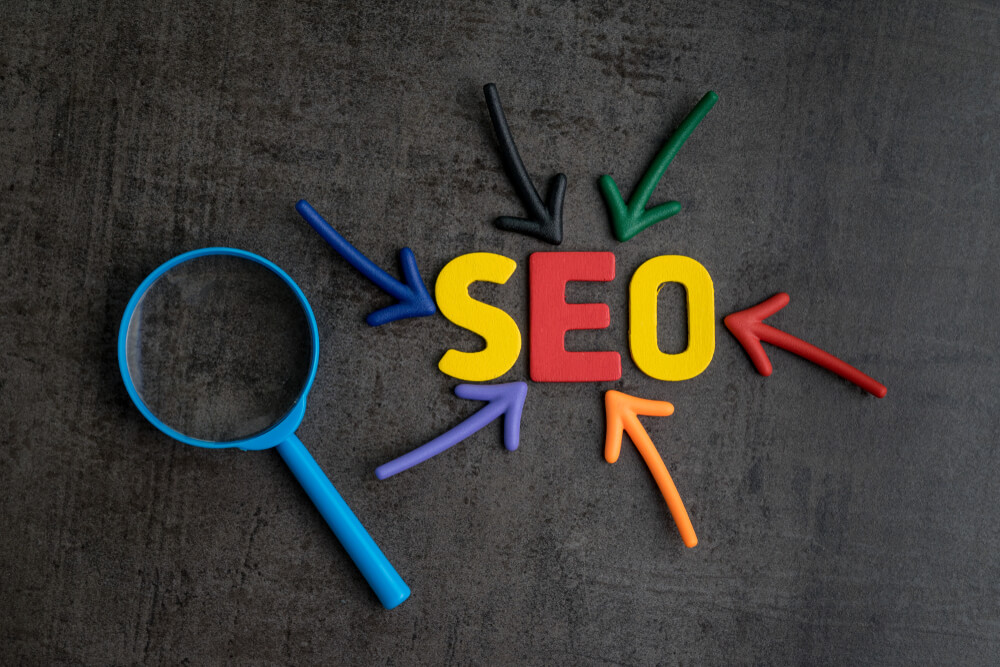
Examples of on-page SEO actions include keyword & URL optimization, internal & external link insertion, optimizing title tags & meta descriptions, adding image alt tags, etc.
Off-page SEO actions embody link-building on external websites, which otherwise is known as backlink generation. It can be executed through link exchange, product enlistment, guest posting, and social media marketing efforts.
Technical SEO is all about page speed optimization, submitting your sitemap to Google, creating an SEO-friendly site structure, making a mobile-friendly website, fixing duplicate content issues, and more.
Understanding SEM
SEM or search engine marketing focuses on driving traffic to websites through paid ads. However, some sources claim SEM is an umbrella term for both SEO and PPC. In general, SEM is linked to paid ads shown in search engines like Google and Bing.
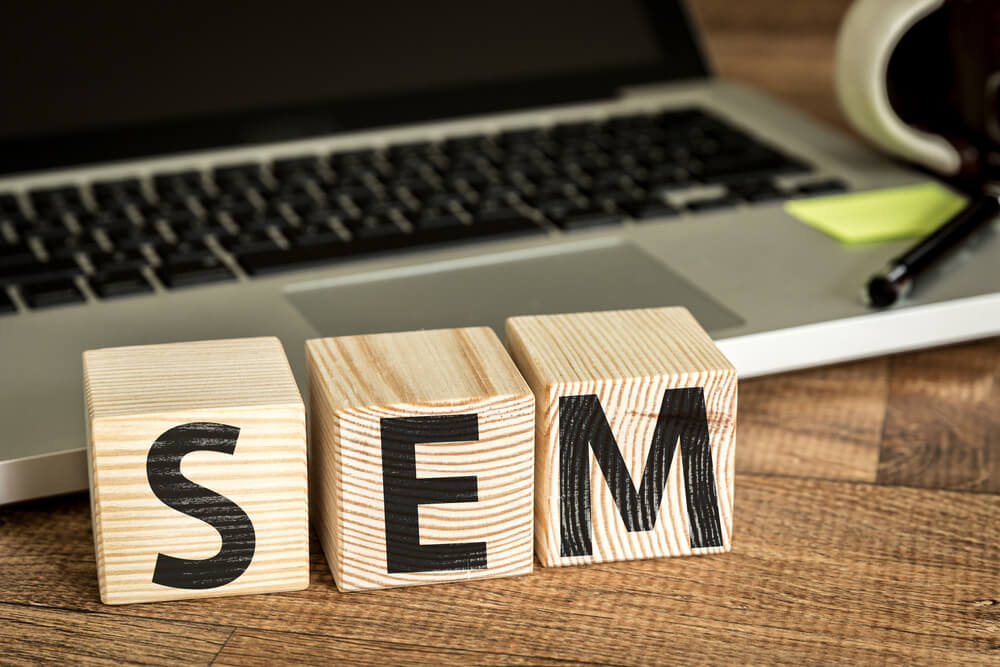
Advertisers pay search engines to display their ads on different locations of the SERPs which bring paid traffic to their websites. With SEM, website owners can set their budget, craft compelling ad copies, create multiple ad types, run ad campaigns, and analyze data to gauge success.
Paid ads in search work on bidding; You have to bid on keywords that you use in your ads and once users search for the bidded keywords, your ads will show up on the SERP.
SEO vs. SEM: How do they Stack up?
SEO and SEM alike come with similarities and differences. Both digital marketing strategies target brand awareness through your website’s search engine visibility. But how they work to gain your website visibility is completely different.
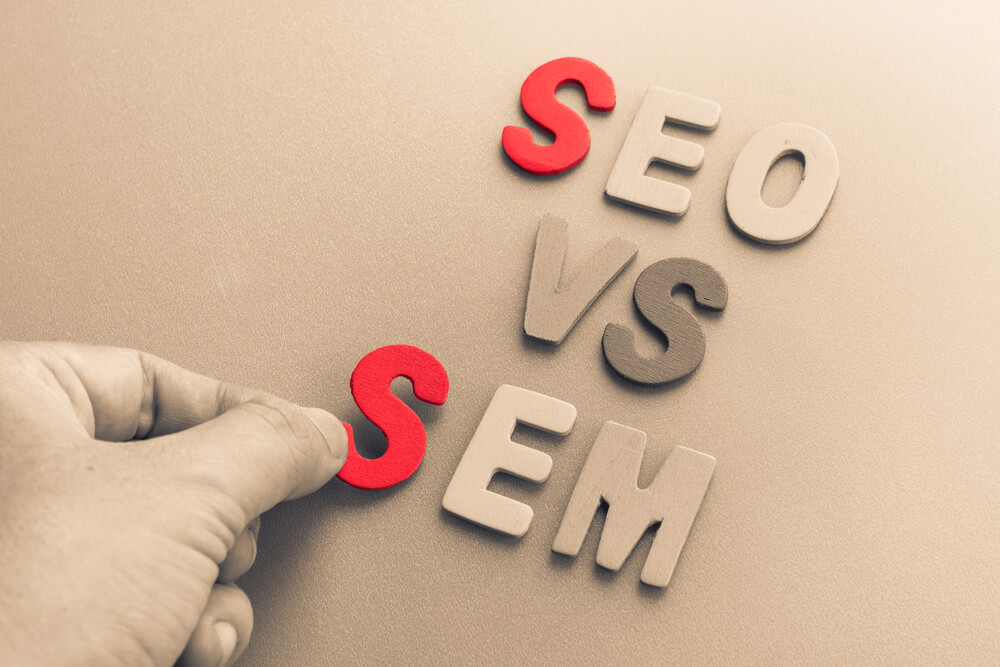
Here is a synopsis of SEO and SEM comparison —
| Factor | SEO | SEM |
|---|---|---|
| Traffic Cost | Free | Usually Paid |
| Traffic Driving Time | Long time, from months to years | Instant |
| Goal | Generating organic traffic | Generating paid traffic |
| Channels Included | SEO only | PPC and SEO (Considering SEO a part of SEM) |
| Sales & Conversions | Minimally converts and generates sales | Maximize the chances of conversions & sales |
SEO and SEM Work Differently to Bring Your Brand’s Visibility
The goal of SEO and SEM is the same; to drive the target audience to your website. However, they operate differently to get the job done.
SEO works on ranking keywords of your website content in the SERP to drive organic visitors. Content writers, marketers, and SEO strategists employ SEO best practices to produce webpage content that competes with other websites to rank in the SERP.
However, search engines like Google and Bing don’t explicitly reveal every minute detail of ranking factors. Rather, they use algorithms that assess certain criteria to rank web pages. The following factors contribute to ranking in the SERP:
Keyword Optimization: The potential visitors of your website search for content with keywords and key phrases. So, it’s crucial to optimize your website content with these keywords and key phrases.
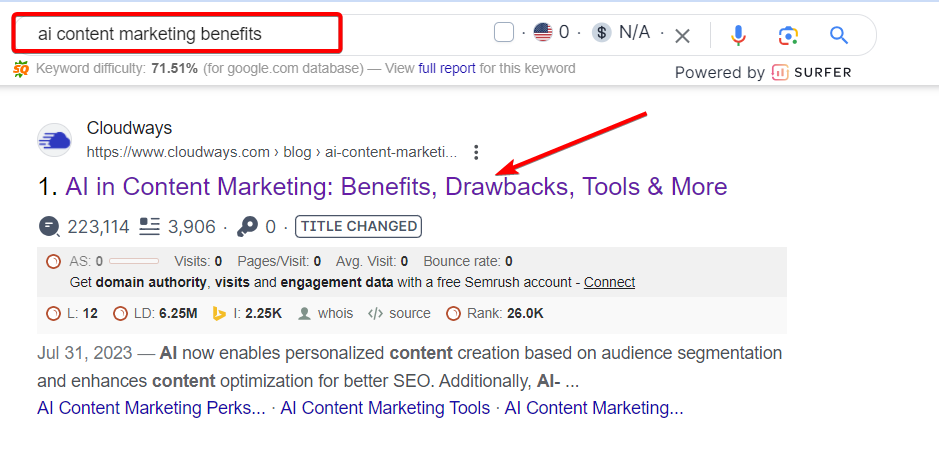
With proper keyword optimization in the title, headers, and overall text proportionally, your webpage content will go one step ahead to rank higher in the SERP.
The above screenshot shows an article ranked 1st for the keyword “AI content marketing benefits”. Luckily, I authored the write-up a while ago and applied all the keyword optimization strategies for the post. The result is right in front of you!
Just to let you know, GetGenie is an exceptional AI Content & SEO tool that can generate SEO-friendly content for your website. It can suggest NLP and AI-filtered keywords to help you optimize your content for Google.
Content Quality: Search engines like Google highly rate content that stands out. You must write valuable content that solves the problem of readers and enrich their knowledge. Besides, you should also focus on providing data, clarity, uniqueness, and accuracy through your content.
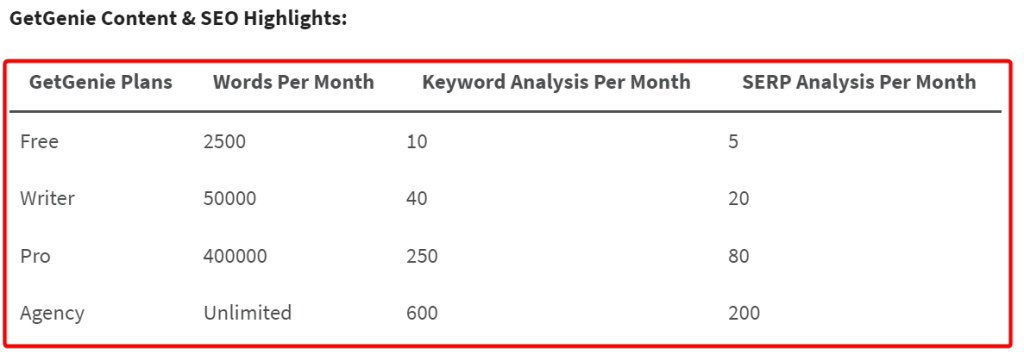
Responsiveness: Your content should be accessible from laptops, desktops, tablets, and more importantly from mobile devices. These days most people visit websites from their smartphones, which makes building your website mobile-responsive a key requirement.
Website Speed: Search engines always strive to provide a smooth user experience, so they refrain from sending users to sluggish websites. Their algorithms drive users to fast-loading websites.
Contrarily, SEM works on the use of paid ads to rank websites higher on SERPs. In the SEM model, advertisers pay a fee to search engines like Google & Bing by bidding on keywords used in ad content to show up automatically at the top of SERPs.
If multiple advertisers bid on the same keywords, the ad rank in SERPs will count on factors like bid amount, ad quality, relevance, expected CTR, landing page experience, and more.
SEM advertising comes in two types – search ads and shopping ads.
Google’s search ads follow the PPC model in which you have to bid on keywords and set a relevant page link to your website in the ad.
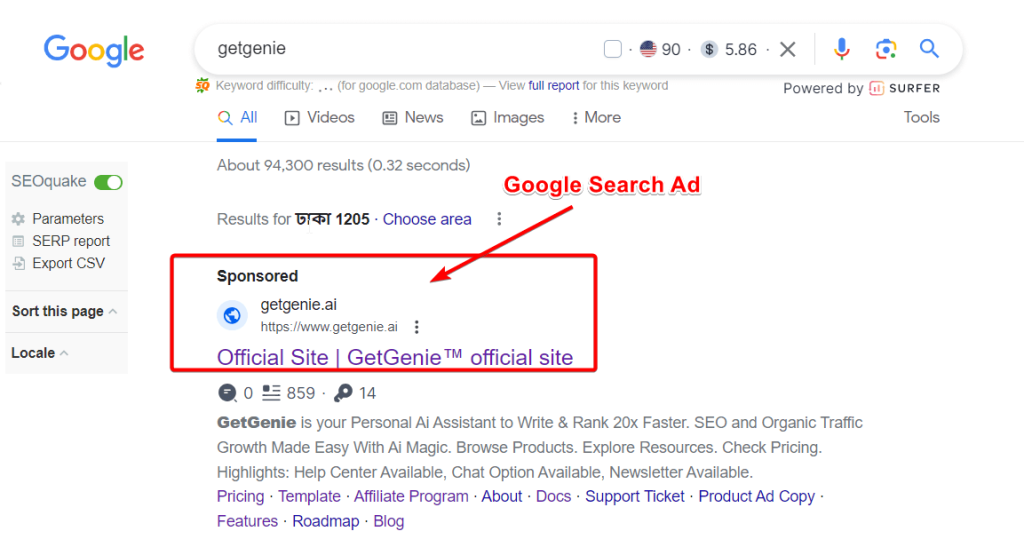
Once users search with the keyword, your ad will automatically appear in the SERP with the ad copy and link. Every time someone clicks on your ad, you will be charged a fee.
Like search ads, shopping ads also follow the PPC model but they leverage Google Shopping to link to your e-commerce business website. This type of ad contains your product title, image, and price.
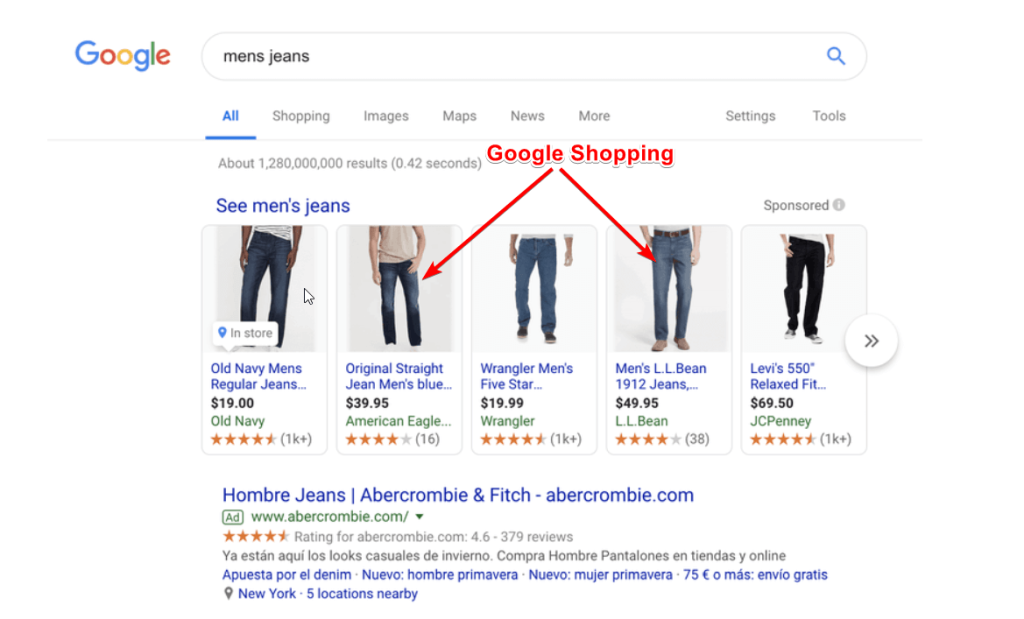
Except for some banned products like motor vehicles, ebooks, digital books, shares, bonds, etc., you can sell most digital and physical products on this platform.
SEM Brings Results Faster while SEO Takes Longer Time
As SEM is a paid method, you don’t have to wait long to yield results through this process. Once you launch a paid campaign through Google ads or similar platforms, you can notch up outcomes within a few hours.
Of course, your primary goal to show ads is to generate traffic on your landing pages. For that, you have to create catchy and conversion-friendly landing pages first where people clicking the ads will land.
Contrarily, SEO is a long-term strategy, based on ranking keywords higher in the SERP and driving traffic on your website. It encompasses creating top-notch website content, building high-quality backlinks, and ensuring smooth UX for site visitors, all of which take time.
Once all the essentials of SEO are implemented, it can take anywhere from 3 months to 2 years to produce satisfactory results. That means after creating webpages, it will take a considerable amount of time to rank in the SERP and drive organic traffic to your website.
SEM is more Expensive than SEO
SEO is a long-term process that demands ample time and effort to produce results like ranking keywords, driving organic traffic, and generating ROI. On the upside, it doesn’t cost you anything to create an SEO strategy and enforce it on your website.
However, it involves upfront costs as you have to hire content writers and SEO strategists, as well as invest in SEO tools.
On the contrary, SEM entails huge costs in paid ad engagement. But the good thing is that it brings instant results like conversions and sales for your business. Once your ad budget runs out, you no longer get any perks from the SEM.
SEO Drives Higher CTRs than SEM
Users tend to click more on organic search results than paid ones. That means the CTRs of SEO results should be more than that of SEM.
According to a study by First Page Sage, the average CTR of the no.1 result in Google’s organic search results is 39.8% in 2023.
On the other hand, as per a study of Wordstream, the average Google ad CTR in 2023 is 6.11%, which is way lower than the SEO CTR.
SEO Results Build More Credibility than SEM Ones
Unsurprisingly, users trust and urge organic search results multiple times more than SEM results as they know the former is earned with effort and not purchased. They know even poor quality products and services can top SERPs in the paid results, unlike the organic results.
SEO vs. SEM: What is Right for Your Brand?
You should go for SEO only if you fit within the following 2 categories—
You have a limited marketing budget: If you have just started out with a tiny marketing budget, you should focus on SEO only to rank your website organically in Google’s SERP. Of course, organic efforts will take ample time, from months to years to yield results for your business.
But still, it makes sense to proceed in this way rather than burning through your marketing budget in SEM for only a few weeks.
You want to rank for info keywords: What are AI writing tools? How to write content with AI tools? These are informational keywords that people write in the Google search box to enrich their knowledge about various topics.
These keywords rarely convert users but bring organic traffic to your website if they have search volumes. So, if your target is to rank these types of informational keywords in the SERP, SEO is the best bet for you.
If you fit within the following category, go for SEM—
You have a high and consistent ad budget: With SEM, you can set a fixed daily and monthly budget that ensures you don’t spend more than you planned. The upside of SEM is that you generate quick results like sales and conversions from your ads.
You can manage an AdWords account: Apparently, managing SEM or PPC is a cakewalk. Just bid keywords and get traffic! But in reality, you have to take into account various key factors like keyword targeting, ad quality score, bid amount, conversions, ROI, and more.
You can launch and test landing pages: The prerequisite to getting the most out of SEM is creating a targeted landing page for each ad, or at least an ad group. For that, you must be able to create multiple landing pages and then run A/B tests to identify which page is performing the best for you.
When to Focus on Both SEO and SEM?
If you have a high marketing budget with people on staff, you can assuredly embrace both SEO and SEM. While SEO experts will focus on enforcing SEO best practices to boost your website’s organic visibility, PPC specialists will work to drive sales & conversions through paid campaigns.
Being an owner, you can also invest time in both spaces occasionally to grasp the process and monitor the progress. It’s important to make out that both digital marketing tactics require investing quite a bit of time which you alone can’t do at a time.
SEO vs. SEM: What Fits You?
I have put forth the ins and outs of SEO and SEM for your benefit. Now, it’s up to you to take the plunge. Set your goal, work out your budget, and figure out your status to understand which one between SEO and SEM will fulfill your needs.
If you are in a favorable condition, SEO and SEM alike can work for you. However, if you prioritize the organic ranking of your website, don’t forget to consider GetGenie, an all-in-one AI content and optimization solution.

